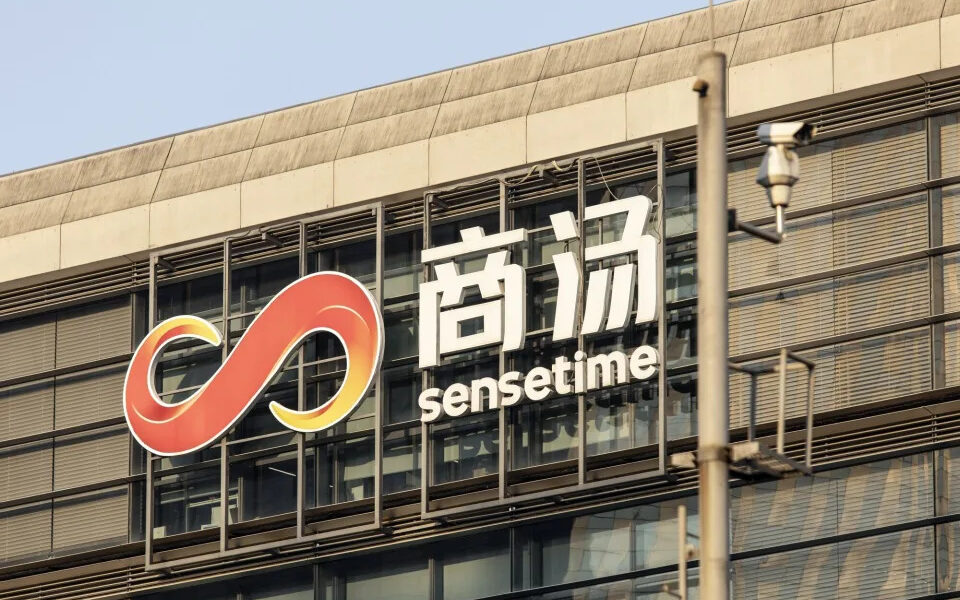In a significant move, SenseTime Group Inc., the Chinese AI pioneer, is downsizing its office presence in Singapore by moving from a prime downtown location to a smaller space in a less expensive neighborhood. This decision comes at a time when the company is struggling to compete in the post-ChatGPT era.
SenseTime’s Struggles in the Post-ChatGPT Era
The Chinese AI firm is undergoing a restructuring effort, refocusing on generative AI services, which it was one of the first to win approval for last year. However, this shift comes with intense competition from larger companies and new startups like Moonshot AI and Zhipu. These well-funded rivals have raised significant capital, giving them an edge in innovation and talent acquisition.
Singapore’s Prime Office Market: A Shift in Fortunes
SenseTime’s decision to downsize in Singapore reflects the changing fortunes of the island nation’s prime office market. In recent years, this market has relied heavily on expansions from deep-pocketed Chinese firms seeking to escape economic downturns at home. However, with the economic situation stabilizing and real estate supply increasing, companies are reassessing their presence in the city-state.
Data Highlights: Office Vacancies in Singapore’s Central Business District
According to data from consultancy Jones Lang LaSalle Inc., prime office vacancies in the central business district fell to 6.9% in the last quarter of 2024. However, this decrease follows a significant increase in vacancies over the previous three months. This trend indicates that companies are becoming more cautious about expanding in Singapore’s high-end office market.
SenseTime’s Past Ambitions: A Local AI Innovation Hub
Just a few years ago, SenseTime was part of a wave of firms expanding in Singapore. Executives told the Business Times in 2021 that they were launching what they called a local AI innovation hub and planned to triple staffing to about 300 within three years. However, these ambitions have not materialized, and the company is now undergoing significant restructuring efforts.
The Impact of US-China Trade Relations on SenseTime
SenseTime’s growth slowed after the US blacklisted the company in 2019 over allegations related to human rights violations in Xinjiang. This decision restricted its access to capital and crucial US components, further complicated by curbs on the sale of advanced AI chips and chipmaking equipment to Chinese firms. Despite denying the accusations, SenseTime has struggled to regain momentum.
A Changing Landscape for AI Firms
The post-ChatGPT era presents new challenges for AI firms like SenseTime. With larger companies and well-funded startups vying for market share, innovation, and talent, smaller players face significant hurdles in staying competitive. This shift underscores the need for adaptability and strategic decision-making in an increasingly crowded and dynamic industry.
Conclusion
SenseTime’s downsizing in Singapore is a reflection of its struggles to compete in the post-ChatGPT era. As the AI landscape continues to evolve, companies like SenseTime must navigate intense competition, changing regulatory environments, and shifting market dynamics to remain relevant. The implications of this trend will be felt across industries, as firms reassess their strategies for growth and innovation.









